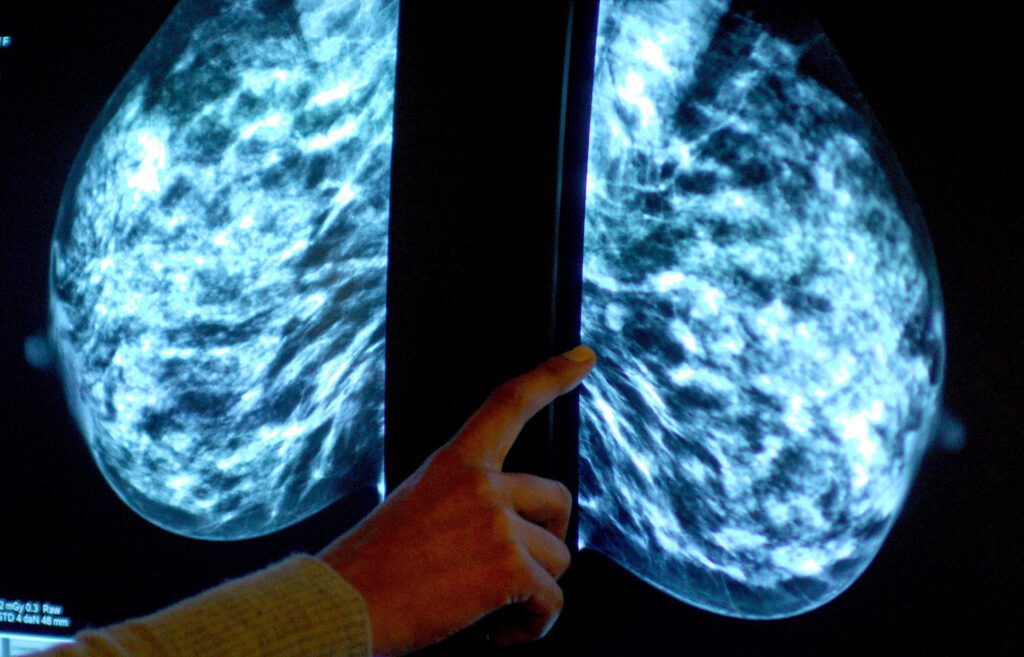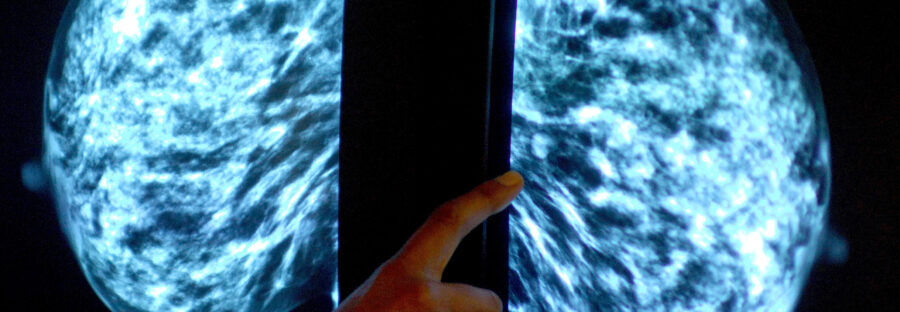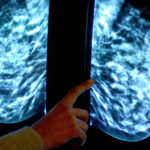Researchers Achieve Breakthrough in Breast Cancer Tissue Preservation
Scientists have achieved a significant breakthrough in breast cancer research by keeping breast cancer tissue viable for at least a week outside the human body, paving the way for enhanced cancer treatments.
A new study, funded by the Prevent Breast Cancer charity, has demonstrated that breast tissue can be preserved in a special gel solution, allowing for detailed examination. The research found that the preserved breast tissue maintained its structure, cell types, and ability to respond to drugs in a manner like normal breast tissue.

about the study
Published in the Journal of Mammary Gland Biology and Neoplasia, the study could significantly advance the development of new drugs to treat and prevent breast cancer, reducing the reliance on animal testing.
Lester Barr, a consultant breast surgeon, and founder of Prevent Breast Cancer highlighted the importance of this breakthrough: “Breast cancer mortality is decreasing in the UK thanks to improved screening and treatment options, but incidences continue to rise, and breast cancer is the most commonly diagnosed cancer in the UK. This breakthrough means that researchers will be able to test new drugs in the lab with far greater accuracy, leading to fewer drugs failing at clinical trials and ultimately better results for women affected by this terrible disease. It’s a hugely exciting development in animal-free research.”
experts’ additions
Hannah Harrison, a researcher from the University of Manchester, emphasized the potential impact on high-risk women. She said: “There are various risk-reducing options for women at elevated risk of developing breast cancer, such as those with significant family histories or BRCA gene mutations. However, not all drugs work for all women. This new approach allows us to determine which drugs will be most effective for everyone by measuring their impact on living tissue,” she explained.
Harrison added that by testing different hydrogel formulas, researchers found a solution that preserves human breast tissue for at least a week, and often longer. “This is a real significant change for breast cancer research. We can better test drugs for both prevention and treatment and examine how factors like breast density react to hormones or chemicals to see if this impacts cancer development,” she said.
The study utilized the gel solution VitroGel to preserve the tissue. Researchers noted that the identification of new drugs has been previously hampered by a lack of good pre-clinical models, which could not fully replicate the complexities of human tissue, such as extracellular matrix, stroma, and immune cells, all of which influence therapy response.
This breakthrough in tissue preservation coincides with Prime Minister Rishi Sunak’s announcement of a new artificial intelligence (AI)-powered medical trial aimed at improving breast cancer diagnosis accuracy and speed. The trial, a partnership between the NHS and South Korean firm Lunit, uses AI technology to assist radiologists in analysing and assessing mammograms.
The advancements in both tissue preservation and AI diagnostics represent significant steps forward in the fight against breast cancer, offering hope for more effective treatments and improved outcomes for patients.



